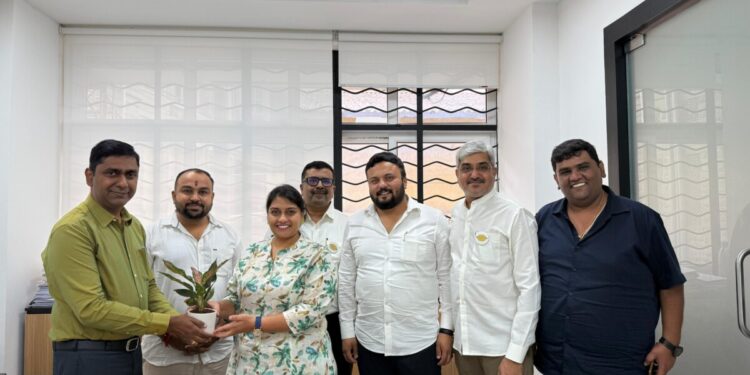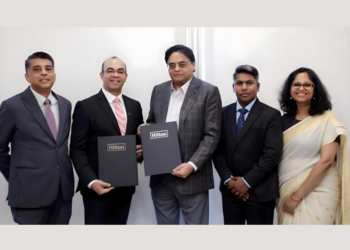ADVERTISEMENT

– Khwaish Hingad (cbedit@imaws.org)
The bakery industry in India is experiencing a wave of advocacy for tax reform, with associations across the country requesting a simplification of the Goods and Services Tax (GST) structure. While we had reported about the Rajasthan Bakery Society, which successfully advocated for a reduced GST on Khari snack, the Karnataka Bakery and Sweets Association (KBSA) has taken a similar stand. The KBSA, representing thousands of bakery and sweets manufacturers in Karnataka, is now urging the government to lower the GST on perishable bakery items, such as cakes, pastries, and cookies, from 18% to 5%. This appeal aims to address several long-standing issues that are hindering the growth and stability of the sector.
The Karnataka Bakery and Sweets Association (KBSA) is urging the government to lower the Goods and Services Tax (GST) on perishable bakery items. The association, which represents thousands of bakery and sweets manufacturers in Karnataka, has submitted a formal request to the Central GST department to bring items like cakes, pastries, and cookies under the 5% tax bracket.
After the Rajasthan Bakery Society requested a 5% GST on the toasted puff pastry snack, Khari, the Karnataka Bakery and Sweets Association (KBSA) has also taken up the issue of high GST rates. The KBSA’s appeal highlights several issues currently facing the bakery industry in the state:
- High Tax Rate: The current 18% GST rate on perishable items is seen as a significant burden.
- Input Tax Credit (ITC) Ambiguities: There is confusion and a lack of clarity regarding ITC.
- Inconsistent Tax Structure: The KBSA notes that the same HSN code can have different tax slabs, leading to complexity.
- Lack of Parity: Bakeries are currently taxed at 18%, while cafes pay 5%, and bakeries that only trade can opt for a 1% composition scheme.
- Complex Compliance: The complexity of GST compliance adds to the burden on business owners.
During a meeting in New Delhi with Sri B. Nagaraja Rao, the joint commissioner of commercial taxes, and later with GST Commissioner Sri Vipul Bansal, KBSA members handed over a request letter outlining their concerns. The association’s request was reportedly well-received.

In their representation, the KBSA argues that placing cakes, pastries, and cookies under the 5% GST slab would simplify the tax structure and encourage more small, organized bakeries to register and comply with tax laws. They also requested clarification on ITC, parity across different sales channels, and accessible support through a chatbot or online helpdesk.
The KBSA believes that these measures would not only reduce the financial burden on consumers but also help formalize the sector, ultimately leading to an increase in overall GST collections. By advocating for a simplified and supportive tax system, the association aims to strengthen India’s food ecosystem and is ready to partner with the government to build a stronger economy. This collaborative approach, following the precedent set by the Maharashtra and Rajasthan associations, signals a unified effort by the bakery industry to achieve a more favorable and clear tax environment for all its stakeholders.







